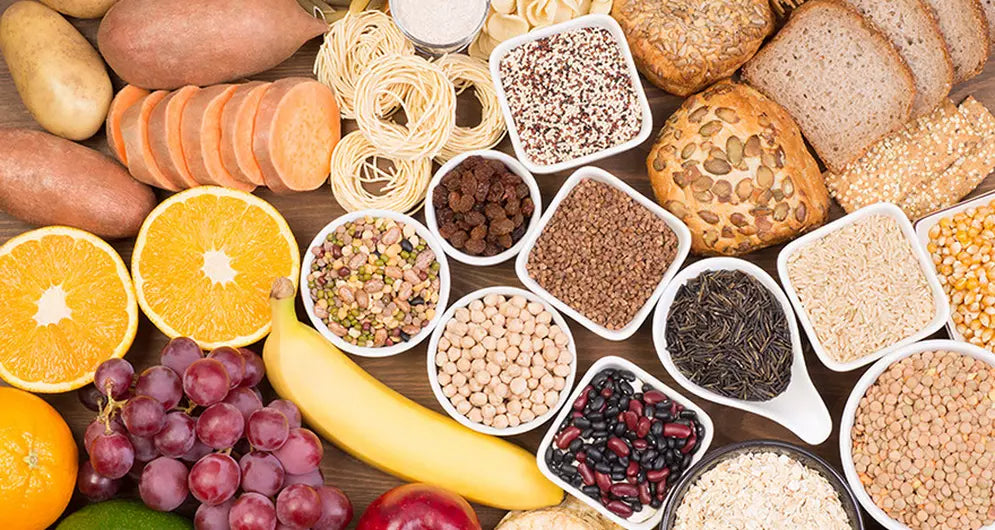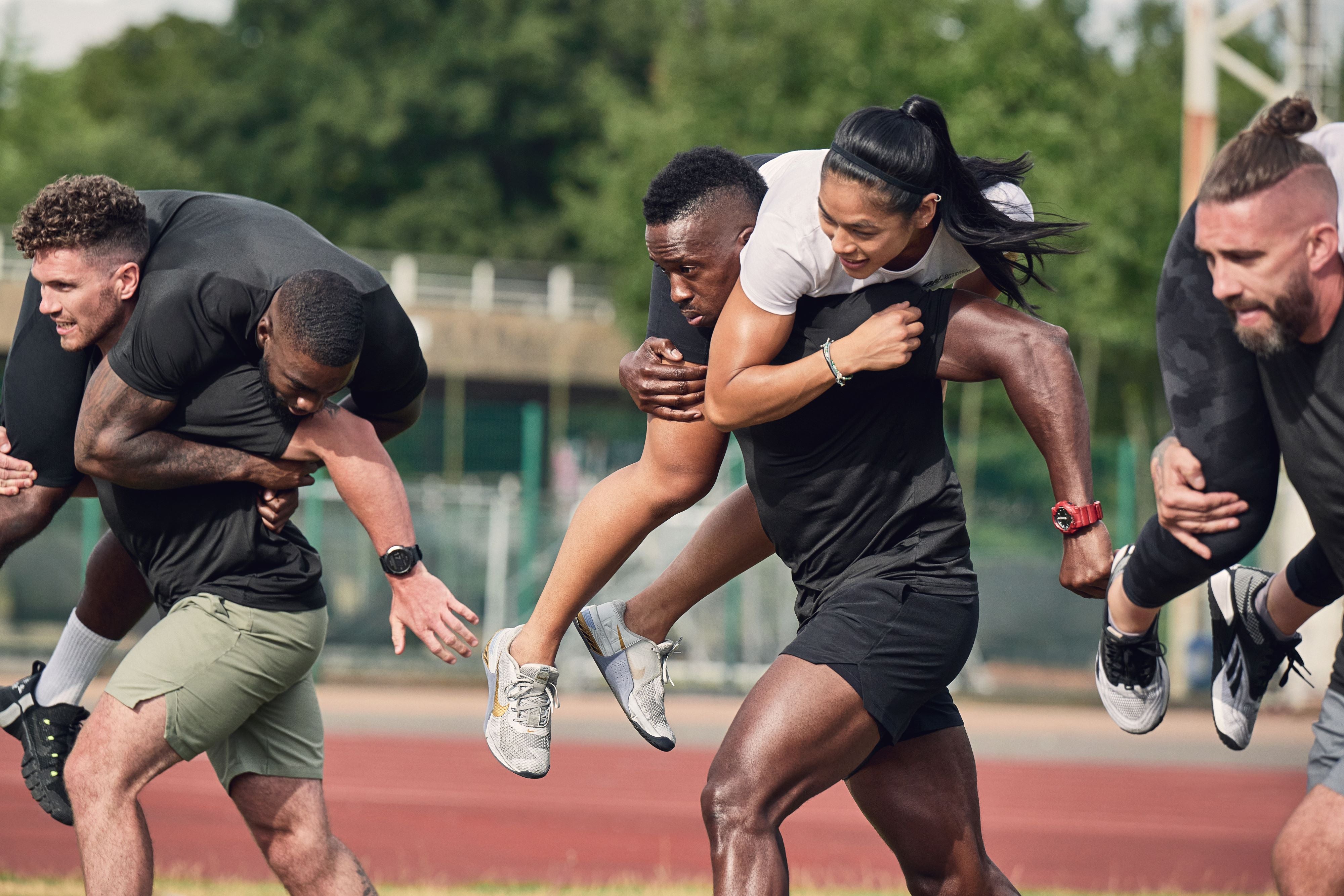It’s that time of the year again where many of your clients may be competing in endurance events or returning to team sports. It is imperative that you are confident that your nutritional recommendations puts your clients in a position to perform to the best of their ability once race or match day comes!
Carbohydrates are the primary fuel source utilised during exercise and can be stored as glycogen within the muscles and the liver. A carbohydrate loading protocol aims to maximise glycogen stores within the body to provide a readily available energy source to muscles during physical activity. However, most athletes are unaware of the amount of carbohydrates that need to be consumed in order to maximise glycogen stores, which often results in athletes starting an event or game with sub-optimal glycogen levels. In the following paragraphs, I aim to outline exactly how much carbohydrate is required and give practical recommendations to optimise the carbohydrate loading phase.
It has been shown that 10 grams of carbohydrate per kg of bodyweight in the 24 hours prior to competition can help maximise glycogen stores and should be done in combination with a reduction in physical activity or training. For example, a 70kg athlete may need up to 700g of carbohydrate! Practically, this can provide quite a challenge for many athletes as it requires an enormous amount of food to be consumed. In order to overcome this challenge and make it easier for your clients to achieve this amount, recommending they supplement with a carbohydrate containing drink during the loading phase may make it easier for them to achieve the carbohydrate target. Using low fibre sources will reduce satiety giving athletes a better chance of eating the required amount. The table below illustrate some food sources containing over 50g of carbohydrate that you could recommend to clients during this period.
| Carbohydrate source | Quantity | Carbohydrate content |
|---|---|---|
| Basmati rice | 100g | 77g |
| Potatoes | 300g | 50g |
| Pasta | 150g | 50g |
| Orange juice | 500ml | 50g |
| Cereal | 60g | 50g |
| Sports drink | 500ml | 65g |
| Banana | 2 large | 50g |
Alternatively, you can get your clients to implement the carbohydrate loading over a longer period in order to reduce the amount of food they need to consume in 24 hours. 5-7g of carbohydrate per kg of bodyweight each day for a 3-day period may be more suitable to many athletes. Again, this should be done in combination with a taper in physical activity.
Once the loading phase is complete, it’s important to focus on consuming 1-4g of carbohydrate per kg of bodyweight within 4 hours of the event or game. Again, it’s important that this meal or snack is low in fibre and fat in order to speed up digestion. Meals such as basmati rice with chicken, pasta with chicken or potatoes and turkey are perfect for this period. The timing and source of carbohydrate before a race or game should be practiced prior to the event. This is highly individualized so practicing it prior to competition gives both yourself and your client confident that it will work come race day.
As previously mentioned, Low Carbohydrate High Fat Diets (LCHFD) are becoming increasingly popular amongst athletes. However, LCHFDs may not be as effective as high carbohydrate diets in supporting high intensity exercise performance.






